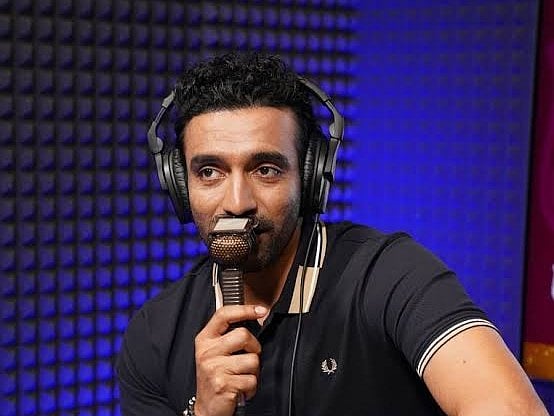With their careers hanging in balance, hundreds of Indian students are planning to hit the streets of Brampton, London and other cities in Ontario to protest their deportation by the Canadian Border Services Agency (CBSA) after their admission letters were revealed to be fake when many of them applied for permanent residency in the country.
The story behind the fraudulent admission letters
The students, who arrived in Canada between 2017-2020, alleged that they were conned by a Jalandhar-based education agent Brijesh Mishra, who ran a counselling firm by the name of Education and Immigration Services. They claimed that he charged them anywhere between Rs 15 to 20 lakh for enrollment in prominent institutions and other expenses.
“We all took immigration services from him, as he was very popular in our region. Some of us knew him through organic and digital marketing, and we and our parents trusted him enough to start our visa process, express our intended course and college, and pay him the offer letter fees. After a few days, he provided us with the offer letter by hand, and some of us got the email through his firm,” read an email written by the students to authorities and media.
According to the letter, the students were told to pay one-semester, or full-year tuition fees through Mishra’s portal. The parents obliged and paid the tuition fees through bank transfers or cash.
“He submitted our application online, but many applications were submitted on paper at VFS Jalandhar. He planned and played very smartly. The day we submitted our application at VFS Jalandhar, he told us to go to the centre, and later he would provide us with the complete application for submission, and he sent his guy with us for submission at the centre,” the letter continued.
The students, who reached Canada after receiving their visas, were informed by Mishra that the seats to many of the colleges they were supposed to be enrolled in have been filled. As calls to Mishra went unanswered, the students chose to be enrolled in other lesser-known public and private colleges where they were given admissions.
The students, who had received their post-graduation work permits or PGWP received a notice from CBSA between December 2021 and mid-2022 about the interview under Section 44A, with the subject being that the agency found the admission letters to be fraudulent.
Some of the students have already faced hearings on their cases, with some being sentenced to an exclusionary order and a five-year ban on entering the country.
Agitated students to hold protests over deportation letters
The students, who have been reaching out to Canadian and Indian parliamentarians over the issue, held a protest in Brampton last week and plan on organising more such agitations unless their concerns are addressed.
Dimple, a graduate in Brampton who is working as a food supervisor, received her deportation letter on January 29 and couldn’t believe what had transpired at first.
“I received mail from the authorities about my admission letter being fake, which is when I sent mail to them again regarding some clarification on it,” said Dimple, who is originally from Jalandhar and has three siblings at home.
Dimple is currently living in a rented flat in Brampton and will continue to work unless her lawyer says otherwise.
“I have been told by our lawyer that we can continue working in Canada since the hearings are yet to be completed,” added Dimple, who had enrolled in a Canadian private career college called Evergreen after Mishra became elusive.
Another student, who did not wish to be named, hasn’t informed his parents about the deportation letters as he worries about their health.
“I am yet to tell my parents anything about the letters as they will be very distressed to hear what has happened,” said the student, who is working as a trucker in Brampton.
Role of Canadian authorities called into question
According to the students, at least 40-50 students have had their hearings completed in the local court and they plan to go to federal courts soon.
Doubts have also been raised over laxity on the part of Canadian authorities in overlooking the fake admission letters when the students first arrived.
“Recently, when some of us faced the immigration division hearing, the respected hearing officer said that they believed that we were not involved in the fraud, but they still could not go against the law and issued the exclusion orders,” said Ravinder Aulakh, one of the aggrieved individuals.
Humber College, CBSA present their stand on issue
While talking to FPJ, Sylvie Lendvay, who serves as a Media Relations Specialist at Humber College, stated that the institute is not aware of Mishra and never had any working relationship with him.
“As part of our work with Canada Border Services, the agency has copies of our authentic letters of admission to verify against any students coming into the country. Any suspicious documentation that we may find out about is immediately reported to Canada Border Services,” Lendvay told FPJ.
With many of the students taking admissions in private institutions, without any stringent scrutiny, CBSA highlighted its efforts in addressing the broader issue of unsubsidized institutions in Canada, which have been luring foreign nationals to take admission in their institutes in exchange for the coveted PGWP.
Meanwhile, Canada has extended the PGWP duration for graduates to 18 months. From April 6, individuals who are holding post-graduate work permits would be able to extend their visas, while the ones who saw their permits expire in 2023 will also be able to apply for an extension.












